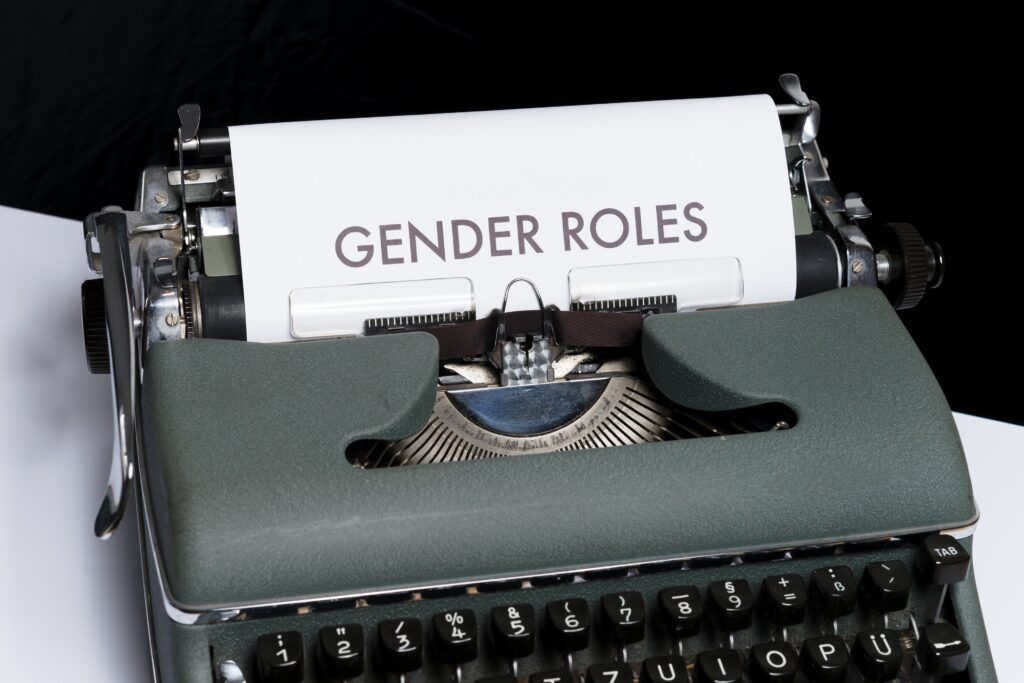Communication is defined by language and whoever grew up as a polyglot will be aware of the fascinating twists each language comes with, Speakers might be able to identify similarities between some languages with the same historical background, such as French, Italian or Spanish, all Roman languages. Many terms used in one of those languages have the same linguistic root. But nonetheless, each language comes with its own grammar and linguistic usage.
German has developed a rather interesting dynamic in terms of differentiating if a term is describing a female or a male individual – the „gendering“ or as it is called in the German language: „Das Gendern“. Past generations who have been living in an undeniably male dominated society have favoured using the male versions of German terms over the female ones, Especially in the last couple of years debates have started on how to make language more inclusive. This uproar wasn’t only caused by the increasing feeling of women being deliberately excluded through language. Due to the society developing further and the movement of people starting to open the discussion about identifying genders and sexuality in the context of written and spoken language, the discussion deepened.
Several groups introduced new gendering rules using special characters such as an asterisk or capital letters within the word to indicate male and female terms. Lately, the usage of a colon has become more popular as it doesn’t only include male and females but people who identify as non-binary as well.
Journalism & Gendering
Journalism plays a large part in the societal development of language. Generational differences are therefore not only noticeable in the general context of social interaction but have also manifested in the way media handles the topic of addressing genders and using gendering in their daily work. While the notion towards a more gender friendly discourse has elaborated amongst the younger generation exponentially with more and more young adults becoming more aware of their social environment, it has taken journalism some time to adopt gendering language.
Humans are a creature of habit, which means every change in their daily routine seems to make a huge difference, This equally applies to how we consume media. While the younger generations has an easier time to adapt as they have grown up in an environment that becomes more and more accepting of a diversifying society, the older generations might tendentially struggle more coming to terms with language usage changing over time.

Journalism has always subtly impacted the progress of language, as the core of journalistic work is to educate and inform the public. As news are something a majority of people consume either online or offline, the language used in media inevitably shapes the way people communicate – amongst other factors. Even though the introduction of gendering in the German speaking context has caused a high amount people to complain about the „butchering“ of the German language, it is still important to act as an advocate for inclusive language. As stated above, humans are a creature of habit and the way they got used to smoking being prohibited indoors in Austria, they will get used to gender inclusive language.
Journalism as educational guidepost
People who have worked in journalism for multiple decades and undoubtedly are skilled and gifted in what they do, have at times been sceptical of the development language has made in the last couple years. Not only has gendering become more common, terms taken from various different languages that have been adapted to fit German grammar have also impacted the way of speaking and writing. It is a development that can be linked to a more globalised and virtually connected society that is interested in educating themselves and broadening their cultural horizon by tapping into different languages all around the European continent.
Even though scepticism towards language changes is understandable, I feel like it is part of the journalistic duty to embrace the progress to a more open form of communication in a way which makes sense. This does not imply that every linguistic trend popping up on the internet should be immediately applied but societal developments such as the enforcing of gender inclusive language should be a no brainer. Especially young people highly care about their own identity and should be supported by being included and making them feel seen – not only by their personal environment but the general public, and therefore the media as well.
Journalism as educational signpost in a matter that is highly important for the young generations does not only make them feel appreciated but might also result in a newfound respect for the media – something that has been noticeably lost over the last few years.
